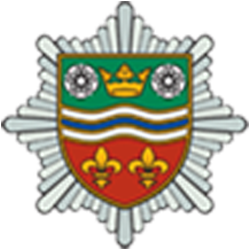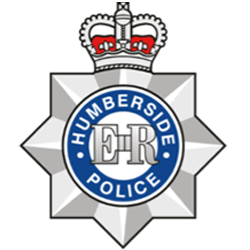|
||||
|
||||
|
|
||||
|
Good evening residents,
Thank you all that I have seen so far for your warm welcome on the ward but we need your help! Please tell us about any information, intelligence or matters you feel could assist your local policing team with dealing with and resolving your concerns so we can deliver the best possible service to you the community.
I want to encourage the correct reporting of issues and clarify a number of great way you can do this. Please be aware individual officers are not always on duty so their personal email is not always the best way to report matters as this may delay the response. Furthermore, the Facebook/Social Media groups are not always monitored 24/7. Please do not feel scared to report concerns or think that we are too busy to listen, your local NPT team is here to support you and your community no matter what your concern is. If you see something suspicious report it to us- we would rather attend to confirm this is a call of good intent. Your area is policed 24/7 by local officers from Neighbourhoods, Response and Specialist units.
Methods to contact your policing team: Calling 101- For non-emergency police matters, such as reporting a non-urgent crime, seeking advice, or making a general enquiry, Calling 999- For when there is an emergency, such as a crime in progress, a threat to life, or someone in immediate danger. This also includes situations where someone is using or threatening violence, or if there is a road traffic collision where life is at risk. Online Reporting- Information can be reported via Humberside Police website- https://www.humberside.police.uk/ro/report/ Via Email- Each NPT has their own team email which can be found on your local NPT website or posters and is suitable for reporting non-emergency issues. In Person- Reporting local issues to your local NPT in person at local engagements. Speaking to your local officer on patrol duties or attending your police station to speak to an officer in person.
Finally, I also wish to make you all aware of a recent local and national increase of thefts from caravans including static leisure vans which are often kept on permanent sites or near to your home address.
Essential tips for preventing caravan crimeStore your caravan in a secure storage facility or site when not in use with gated access, patrols, and CCTV. Alternatively, if stored at home, park in a well-lit area and preferably out of sight from the road Make your vehicle unattractive to steal with a hitch lock anti-theft device, wheel clamps, pedal locks, locking wheel nuts, and steering wheel locks. A customised cover may also help identification Install an alarm and approved tracking device to help make any theft more difficult Use property marking kits to mark your possessions and etch the Vehicle Identification Number (VIN) on the window or other parts of the caravan as a highly effective and visible deterrent Ensure you have comprehensive caravan insurance that covers theft, damage, and contents When using your caravan, choose secure campsites with good security and always lock your caravan when you leave it. Keep valuables out of sight and locked away. Fit theft-resistant number plate fittings with one-way clutch head screws to prevent stolen number plates from masking the identity of stolen vehicles Engage with other caravan owners and join local or online communities to share information about suspicious activity and stay informed of crime trends- look out for your neighbours and fellow caravan community Routinely inspect the condition of locks, alarms and other security devices to ensure they are functioning correctly, and keep your caravan well-maintained to avoid making it an easy target Register your caravan with one of the approved caravan and motorhome registration and identification schemes. Unique and clear identification markings on a vehicle are an effective deterrent and assist with recovery Lock the windows and doors- Consider additional locks or an alarm. To best assist the police following an incident, please include location information, such as landmarks, a phone’s GPS location, or What3words app coordinates for rural areas. Obtain photos, dash cam video, doorbell footage, and as much detail as possible about what you have seen and heard are also useful to an investigation, such as descriptions of anyone or vehicles – including make, model, colour, number plate registration, and direction of travel.
Feel free to share this alert or rate this alert or repost to social media platforms. Kind regards, Dan.
| ||||
Reply to this message | ||||
|
||||
|
|
|













